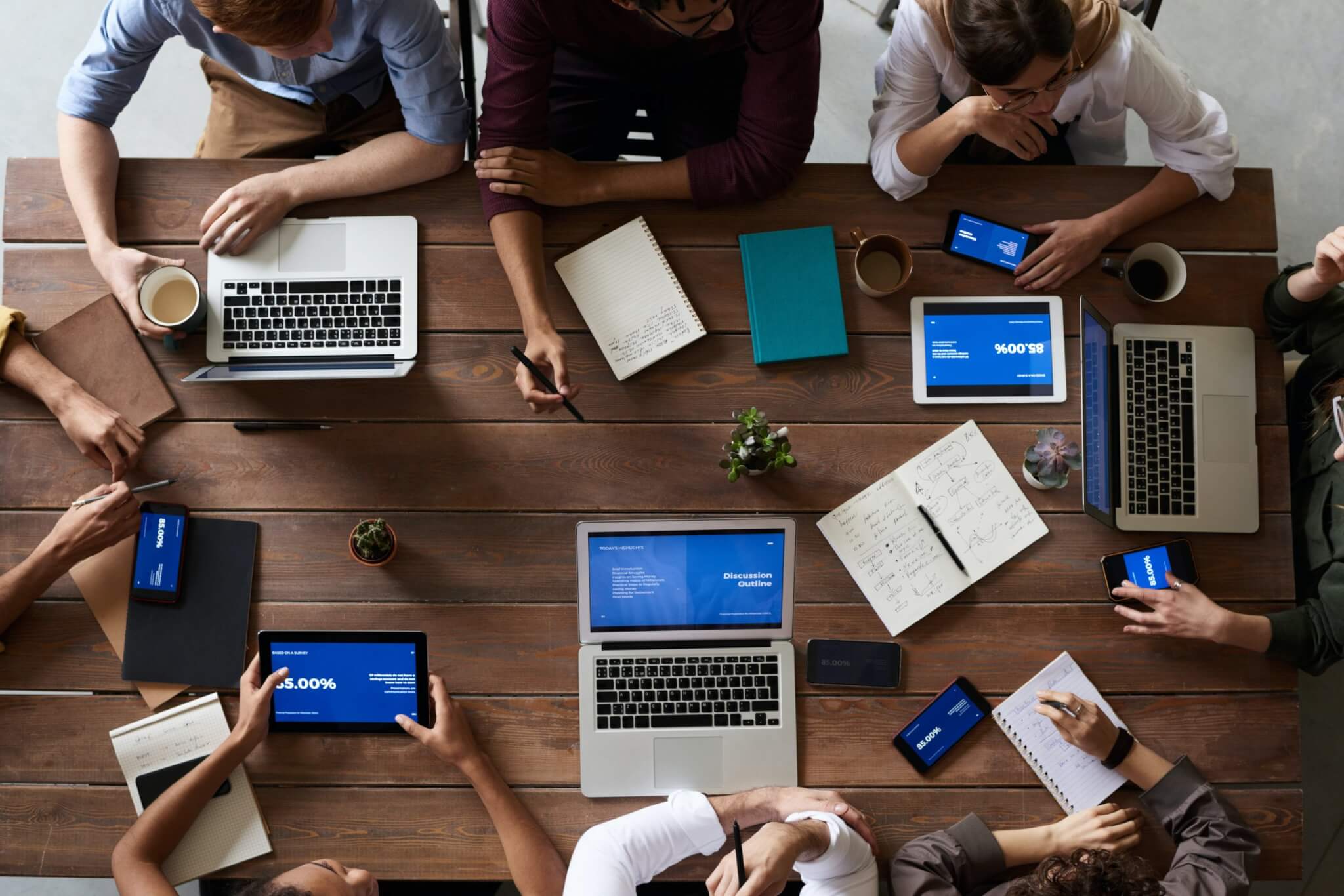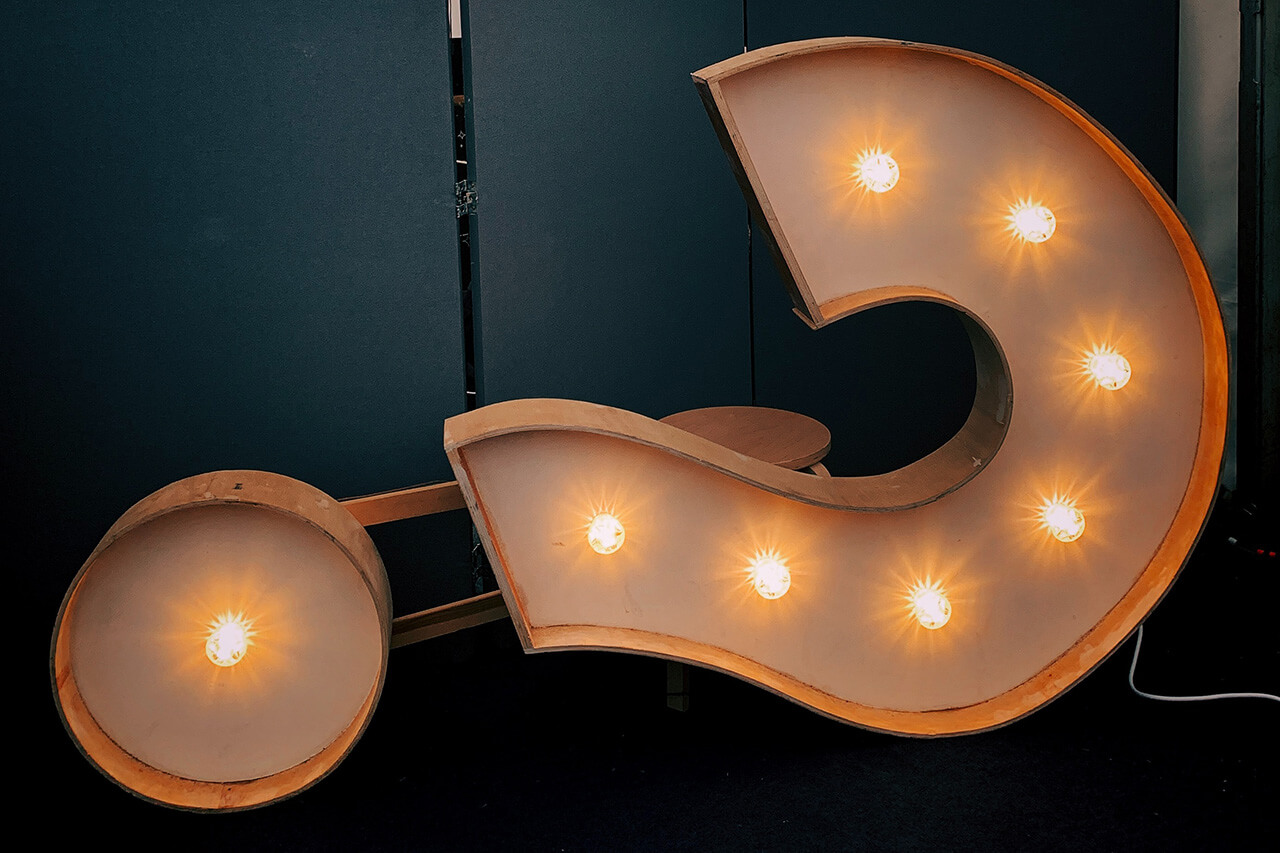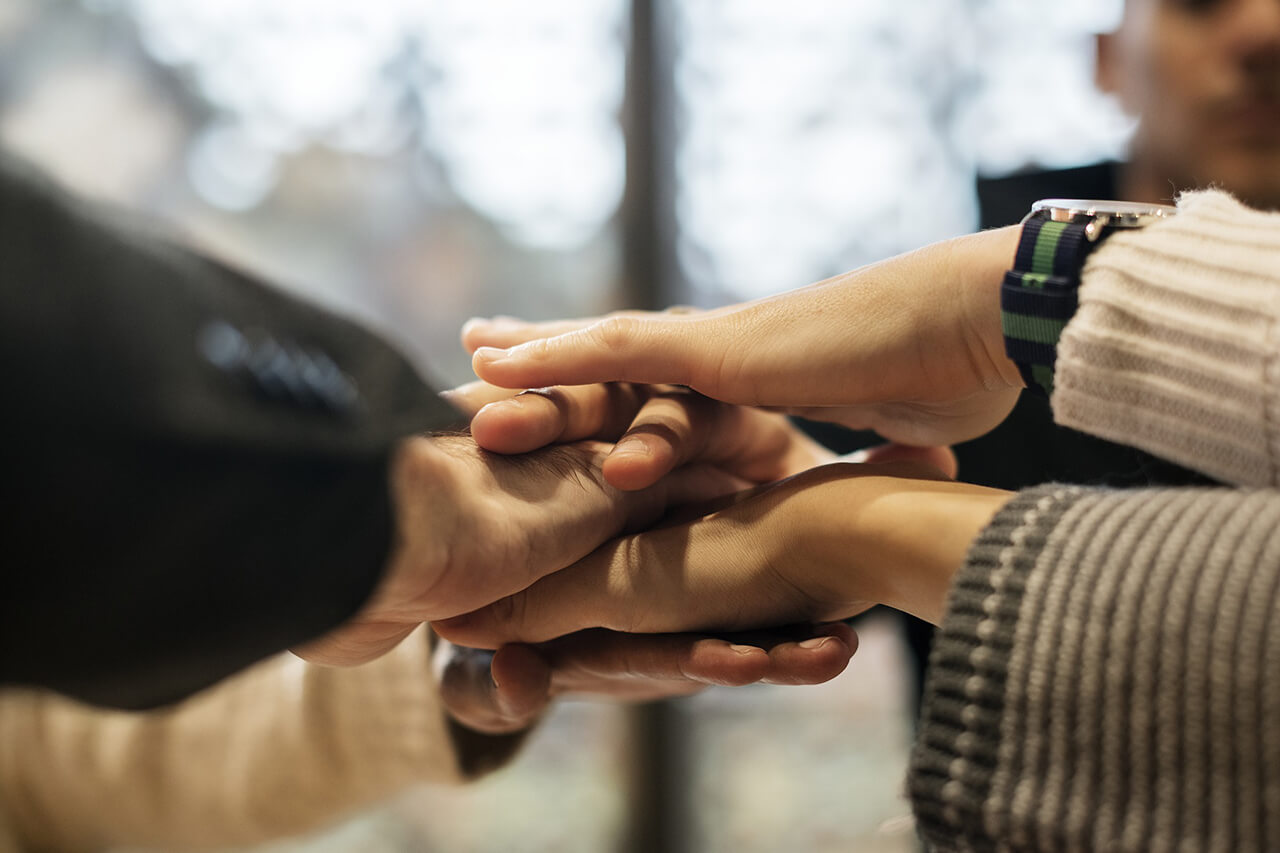With the introduction of the civil status “diverse”, specific anti-discrimination measures for inter* people are also legally required in work and professional life. In the implementation of discrimination-sensitive strategies, however, there is often (still) a lack of specific recommendations for action and corresponding support for the practical introduction. Support could for example be offered in the form of language templates for gender-neutral email salutations or suggestions for dealing with previously gender-segregated uniforms. In addition, there is great legal uncertainty as to how the civil status affects legal regulations that have until now been binary, such as “maternity leave” or other forms of so-called positive discrimination, for example through a “quota of women”.
The Federal Anti-Discrimination Agency published two studies in 2020 that provide extensive information on the topic of inter* people in work and professional life, identify problem areas and formulate specific recommendations for action.
“Gender diversity in employment and occupation – needs and implementation options of anti-discrimination for employers” (2020)
This publication is explicitly aimed at employers and provides specific recommendations for action on how the workplace can be designed to be as sensitive to discrimination as possible. Based on the current state of research and on the basis of expert interviews, the study identifies and shows various areas of action for the anti-discrimination of intersex people in professional life then shows specific options for implementation for employers. In a total of 26 modules on the topics of corporate culture, recruitment, handling of gender-related data, language and communication, sanitary facilities as well as body, clothing and health, practical recommendations for action are formulated for professional practice, which should enable the recognition and implementation of gender diversity in working life. In addition, the publication refers to nationwide advice centres and other resources such as language guides and additional information material for education and raising awareness. You can order the study here or download it as a PDF file.
“Beyond male and female – People with variants of gender development in Federal labour law and public service law” (2020)
This second publication under the title explains the legal consequences of civil status with regard to work and the law of the public service. Since both areas of law have so far followed a binary gender model, the study will work out which areas of law are also applicable to intersex people with a diverse gender registration and in which areas the legislation will have to provide clarification in the future. For this purpose, the specific need for adaptation of various regulations is named for which gender is relevant as a constituent feature (such as regulations on “maternity protection”). The analysis not only takes German constitutional law into account, but also the law of the European Union, which plays a central role in relation to gender-based discrimination in the workplace. You can order the study here or download it as a PDF file.
The Institute for Diversity and Anti-Discrimination Research (IDA) has also published two studies on the topic of inter* in the workplace.
“Inter* in the office?! – The work situation of inter* people in Germany from a differential perspective to (endo*) LGBT*Q+ people” (2020)
The aim of this study was to examine the work situation of inter* people and to compare it with the experiences of endosex LGBT people. To this end, 32 inter* employees and 1223 endo* LGBT employees were asked about their work situation and experiences of discrimination in the workplace. The main results of the study are, for example, that all surveyed groups are still confronted with hostility and discrimination in the workplace. However, the discrimination was even stronger among inter* persons and trans* and/or non-binary persons who are (more) read as deviating from a binary gender norm. You can order the study here or download it as a PDF file.
“Out in the office! Out with customers” (2021)
This study asked even more specifically about how LGBTI people deal with their own sexual orientation or gender identity in customer contact at work. To this end, 1,012 LGBTI people, 25 of them inter* people, were asked about their experiences in dealing with customers. The main results of the study are that respondents tend to deal more openly with their own sexual orientation or gender identity in customer contact than, for example, in contact with colleagues or superiors, and that between a fifth and a third of those surveyed stated having already had experience of discrimination in dealing with customers. You can order the study here or download it as a PDF file.








